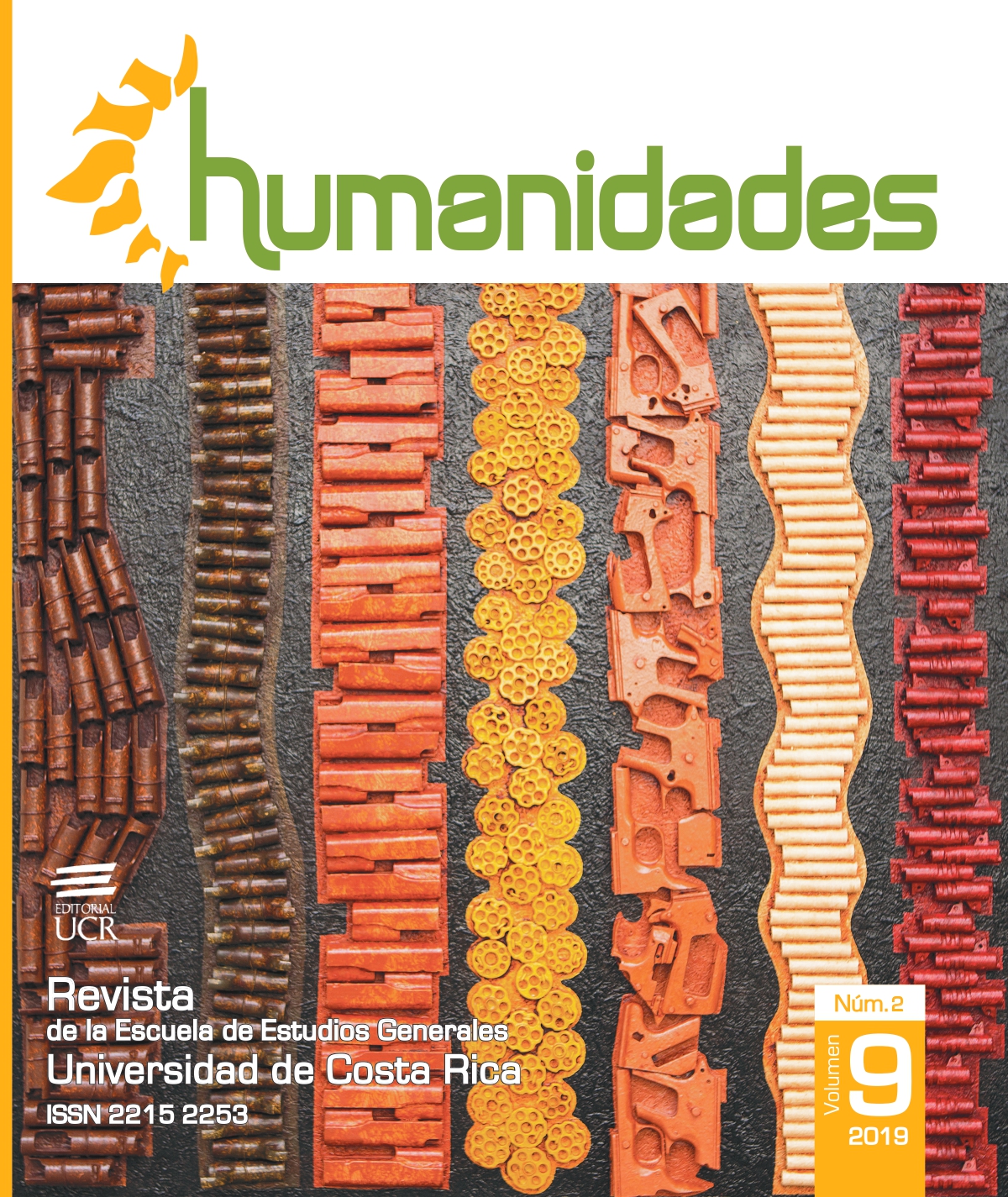Abstract
The media politicization of justice in the Ecuadorian context is an emergent subject in Latin America from which there is not much information in the academic-scientific field. This investigation addresses this situation for the country, in an environment marked by the media, precisely the channel “Ecuavisa” and the judiciary. The methodology used is the Case Study objectivity with which is intended the empowerment, analyzed through a non-reactive observation, a grid analysis and a semi-structured interview with two experts on the subject. This analysis determines the social and democratic situation of the country and creates awareness about the role the media plays in these situations. The results show that this channel is the most watched and tuned in Ecuador with 28.02% of audience, which has generated in the recent years a great media concentration through the prominence that has been gained, due to the information published. The scenario that the country is living shows a determined political tendency despite of the impartiality-objectivity with which it ́s intended to communicate the news. It was found that the information transmitted on its screen shows great intentionality with the aim of influencing the empowerment of citizens’ thinking-opinion.
References
Aguaded, J. I., y Correa, R. I. (2004). Imagen y construcción de las audiencias: el significado del significado. Signo y Pensamiento, 23(45), 140-150.
Ansolabehere, K. (2005). Jueces, política y derecho: particularidades y alcances de la politización de la justicia. Isonomía: Revista de Teoría y Filosofía del Derecho, (22), 39-64.
Blesa Aledo, P. S. (2006). Medios de comunicación y democracia: ¿El poder de los medios o los medios al poder? Sphera Pública: Revista de Ciencias Sociales y de la Comunicación, (6), 87-106.
Bond, S., Diprose, G., y Thomas, A. C. (2019). Contesting deep sea oil: Politicisation–depoliticisation–repoliticisation. Environment and Planning C: Politics and Space, 37(3), 519-538. doi:10.1177/2399654418788675
Boscán, G. (2010). Judicialización y politización en América Latina: Una nueva estrategia para el estudio de la interacción entre los poderes públicos. Cuestiones Jurídicas, 4(2), 51-83.
Comisión de Auditoría Concesiones de Frecuencias de Radio y Televisión. (2009). Informe definitivo. Recuperado de https://goo.gl/8KNHqu
Consejo de la Judicatura. (2015). Código Orgánico de la Función Judicial. Recuperado de https://goo.gl/VhzU5D
Díaz, R. E. (1999). Las elecciones venezolanas y la influencia de los medios. Chasqui: Revista Latinoamericana de Comunicación, (65), 60-62.
Downey, J., y Neyazi, T. A. (2014). Complementary and Compe titive Logics of Mediatization: Political, Commercial, and Professional Logics in Indian Media. International Journal of Press/ Politics, 19(4), 476-495. doi:10.1177/1940161214545809
Ferrero, M. (2009). Violencia y represión en el ocaso de los somoza: las condiciones carcelarias de los presos políticos. Historia Crítica, (39), 154-178.
Gómez Vilchis, R. R. (2018). Medios de comunicación, conocimiento y entendimiento de la opinión pública sobre los sucesos políticos. El caso de México. Revista Mexicana de Opinión Pública, (24), 53-69. doi:10.22201/fcpys.24484911e.2018.24.61516
Guarnieri, C., Pederzoli, P., y Thomas, C. (2002). The Power of Judges: A comparative Study of Courts and Democracy. Estados Unidos: Oxford Socio-Legal Studies.
Haas, E. (2010). Federal tcf: Juridification of Politics-Politization of Justice. Estudios Constitucionales, 8(1), 367-377.
Jansson, A., y Lindell, J. (2018). Media Studies for a Mediatized World: Rethinking Media and Social Space. Media and Communication, 6(2), 1-4. doi:10.17645/mac.v6i2.1495
Lee, S. (2016). The politics of prosecution service reform in new presidential democracies: The South Korea and Russia cases in comparative perspective. Journal of Eurasian Studies, 7(2), 141-150. doi:10.1016/j. euras.2015.09.001
Lucero, J. A. (2003). Locating the “Indian Problem”. Community, Nationality, and Contradiction in Ecuadorian Indigenous Politics. Latin American Perspectives, 30(1), 23-48. doi:10.1177/0094582X02239143
Majkut, P., y Phil, C. (2011). La influencia de los medios de comunicación sobre los contenidos. Nuevo Itinerario Revista de Filosofía, (6). Recuperado de http://revistas.unne.edu.ar/index.php/nit/article/view/3196
Martínez-Fresneda, H. (2004). La influencia de los medios de comunicación en el proceso de aprendizaje. Revista ComunicaR, (22), 183-188. Recuperado de http://www.redalyc.org/pdf/158/15802228.pdf
Medrano, A. (2017). La politización de la sociedad y de la vida. Recuperado de https://goo.gl/qkoqnR
Mendizábal, R. I. (2012). Calidad informativa: Credibilidad de medios y periodistas en el Ecuador. Revista ComHumanitas, 3(3), 53-69. Recuperado de http://comhumanitas.org/index.php/comhumanitas/article/download/5/5
Navarro, G. (2009, 30 de octubre). La concentración de medios y sus implicaciones políticas éticas y económicas en el Ecuador. Radio Informaremos. Recuperado de https://goo.gl/9VkQtx
Odriozola Chéné, J., y Mendizábal, I. R. (2017). Hacia un periodismo de calidad en Ecuador: perspectivas de periodistas y audiencia. Cuadernos.Info, (41), 175-192.
Real Academia Española. (2018). Diccionario de la Real Academia Española de la Lengua. Recuperado de https://goo.gl/BnfDLM
Sánchez, A. V. (2010, 24 de agosto). La relación entre el tratamiento mediático corporativo de la contra violencia política y su deslegitimación social. FLACSO Ecuador. Recuperado de https://goo.gl/7bxCzG
Spencer, H. (1895). The principles of psychology. New York: Appleton and Company.
Terchila, S. (2014). The Activity of Mass Media Companies in Europe. the Impact Generated in the Economic, Social and Politic Systems. 21st International Economic Conference of Sibiu 2014, Iecs 2014 Prospects of Economic Recovery in a Volatile International Context: Major Obstacles, Initiatives and Projects, 16, 182-189. doi:10.1016/S2212-5671(14)00790-4
Towner, T., y Muñoz, C. L. (2016). Boomers versus Millennials: Online Media Influence on Media Performance and Candidate Evaluations. Social Sciences, 5(56), 1-20. doi:10.3390/socsci5040056
Warren, S. D. (2012). Latin American Identity Politics: Redefining Citizenship. Sociology Compass, 6(10), 833-844. doi:10.1111/j.1751-9020.2012.00491.x
Weber, M. (1917). El sentido de la neutralidad valorativa de las ciencias sociológicas y económicas. En M. Weber, Ensayos sobre metodología sociológica (pp.222-269). Buenos Aires: Amorrortu Editores.


